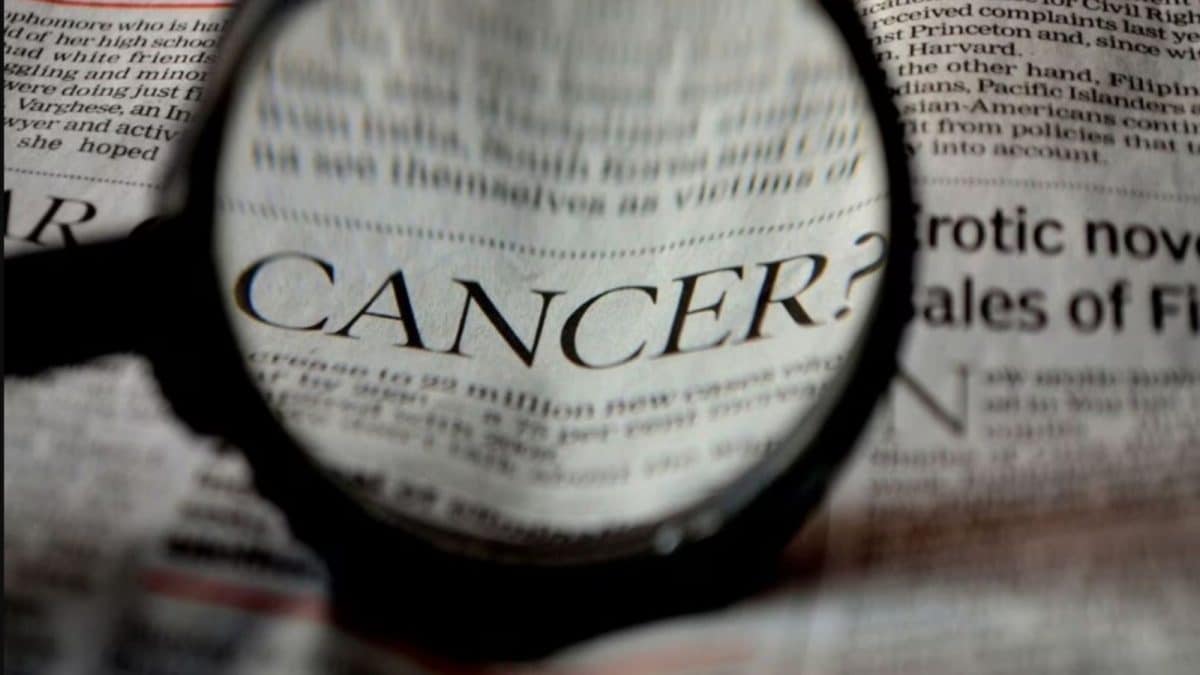Last Updated:
While smoking and diet are significant cancer risks, research shows that invisible factors like air pollution, disrupted sleep, and gut bacteria also play an important role.

Early awareness and prevention can help mitigate cancer risks.
When most of us think about cancer, smoking, alcohol, and poor diets usually top the list of culprits. Yet, cancer is far more complex, often brewing quietly through hidden triggers we rarely recognise. From pollution to disrupted sleep cycles, “silent” factors may slowly alter the body’s biology over decades before a diagnosis appears. Alongside these invisible risks, lifestyle, genetics, and ageing still hold undeniable sway in shaping cancer outcomes.
The Hidden Triggers
Recommended Stories
“Cancer risk is not dictated by overt lifestyle behaviours alone but by low-dose, latent, and sometimes imperceptible exposures that last for decades,” explains Dr Sewanti Limaye, Director – Medical & Precision Oncology, Sir H.N. Reliance Hospital, Mumbai.
She points to six lesser-known drivers: chronic inflammation from obesity or infections, endocrine-disrupting chemicals in plastics and cosmetics, night-shift induced circadian disruption, gut microbiome imbalance, long-term air pollution, and oncogenic viruses like HPV or Hepatitis B. “Each of these creates molecular changes that may not cause symptoms for years, yet they set the stage for cancer,” she notes.
The Well-Recognised Risks
While the silent contributors are gaining attention, the traditional risk factors cannot be overlooked. Dr Aadesh A Patil, Senior Consultant – Radiation Oncology, Dr LH Hiranandani Hospital, Mumbai, emphasises: “Simply put, cancer begins when something goes awry with a cell’s DNA and it grows out of control. This may be due to genes, lifestyle, environment, or plain bad luck.”
He outlines familiar causes: hereditary mutations that increase breast or colon cancer risk, environmental exposures like UV rays and asbestos, lifestyle choices such as smoking or excessive alcohol, poor dietary habits, physical inactivity, and the natural ageing process that weakens DNA repair. “Daily physical exercise, maintaining a healthy weight, and avoiding carcinogens can lower your risk, though not all cancers are preventable,” he adds.
Why Early Awareness Matters
The danger with silent carcinogens is their invisibility. You may not feel the effects of circadian disruption or low-grade inflammation until years later. By then, the biological groundwork for disease may already be laid. The same holds for pollution or viral infections that linger quietly in the body.
Cancer is a disease of many faces – some familiar, others far more hidden. While smoking and diet remain high on the public radar, science increasingly shows that invisible forces like air pollution, disrupted sleep, or even gut bacteria also matter. The challenge lies in recognising both the loud and the silent risks early. Prevention, then, is not about fearing every trigger, but about awareness, small daily safeguards, and timely check-ups that can shift the odds in our favour.
Delhi, India, India
September 15, 2025, 17:10 IST
Loading comments…
Go to Source
Author: News18



